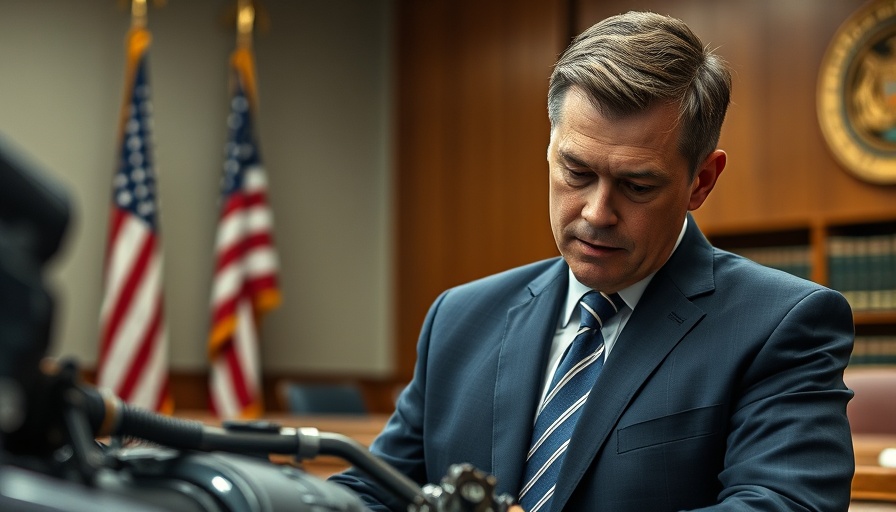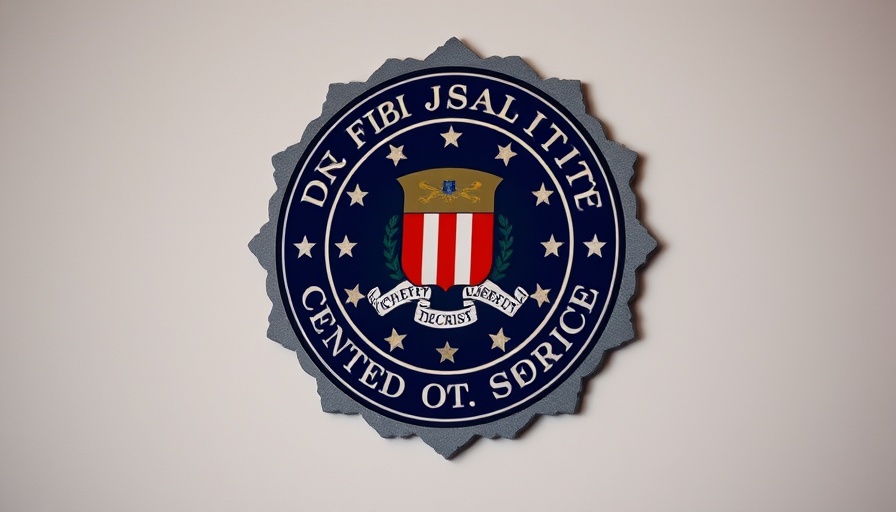
Unraveling the Karen Read Case
The termination of Trooper Michael Proctor from the Massachusetts State Police has sparked renewed scrutiny on the ongoing legal saga surrounding the Karen Read case. This case, which has captured public attention since the murder of Officer John O’Keefe in January 2022, involves Read, who is accused of hitting her boyfriend with her SUV during a night of heavy drinking. O’Keefe was found dead in the snow outside a Canton home, igniting an investigation fraught with controversy.
The Fallout of Proctor's Actions
Trooper Proctor’s removal from the force was prompted by repeated violations of police integrity standards. After a state police trial board determined that Proctor had sent derogatory messages about Read to colleagues, his credibility during the investigation was significantly undermined. Notably, Proctor referred to Read in disparaging terms, expressing vile sentiments about her, including hoping she would take her own life. The state police leadership, led by Col. Geoffrey Noble, communicated that any breach of conduct tarnishes not just the individual officer but the entire department’s mission to uphold public trust and professionalism.
Impact on Community Trust and Police Conduct
The implications of Proctor's dismissal extend beyond the courtroom—this incident raises pressing questions about police accountability and conduct. Public confidence in law enforcement hinges on the integrity of investigations conducted by officers who are seen as impartial and objective. Proctor's actions disrupt that perception, casting a shadow on the Massachusetts State Police's commitment to ethical standards. Policymakers, community leaders, and law enforcement organizations must implant robust training programs and stringent oversight mechanisms to prevent such breaches in the future.
Looking Ahead: Karen Read's Upcoming Trial
As the focus shifts back to Karen Read, who is set to face a retrial in April 2025 following a hung jury in her first trial, the consequences of Proctor's termination may reverberate in the courtroom. Read has consistently maintained that she is being framed, complicating the narrative around her case. With Proctor’s credibility compromised, the prosecution will need to rely on other forms of evidence to establish the facts surrounding O’Keefe's tragic death.
Insights into Ethical Policing
This situation sheds light on the greater necessity for ethical conduct within police departments. It highlights the importance of mental health support for officers, reinforcing the need for wellness programs that can address the stresses of policing. Barriers to discourse on these topics remain, but fostering an open culture within law enforcement can mitigate risks while enhancing public safety—and ultimately, community relations.
Searching for Justice Amidst Public Scrutiny
In the wake of these events, it is essential to remember those affected by the tragedy of O’Keefe's death. His family remains entwined in this legal drama, having reportedly filed a wrongful death lawsuit against Read. Stories like Read's and Proctor’s remind us of dual narratives: the pursuit of justice and the deep-seated flaws that can occur within law enforcement frameworks.
As we await further developments in the Karen Read case, the call for enhanced police transparency and accountability remains louder than ever. It is vital for all stakeholders involved—police departments, community members, and policymakers—to collaborate on reforms emphasizing integrity, support, and the ethical treatment of individuals beyond the badges they wear.
For all those invested in law enforcement integrity and community relations, it is crucial to advocate for training that encompasses both technical skills and ethical responsibilities. The commitment to ensuring the highest standards of police conduct is not merely a challenge but a necessity for nurturing trust and safeguarding the community.
 Add Row
Add Row  Add
Add 

 Add Element
Add Element 




Write A Comment